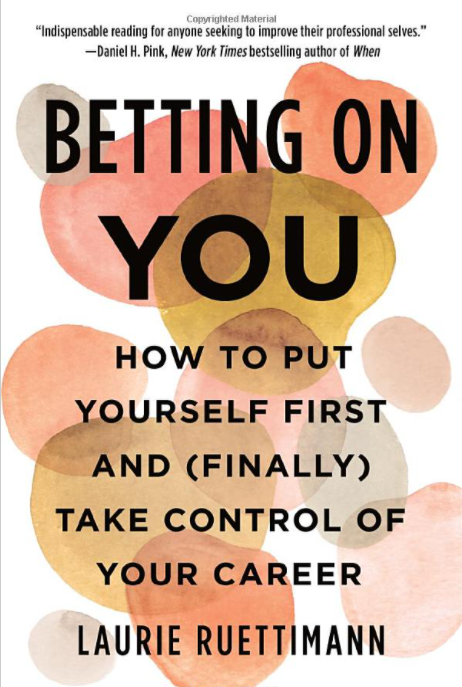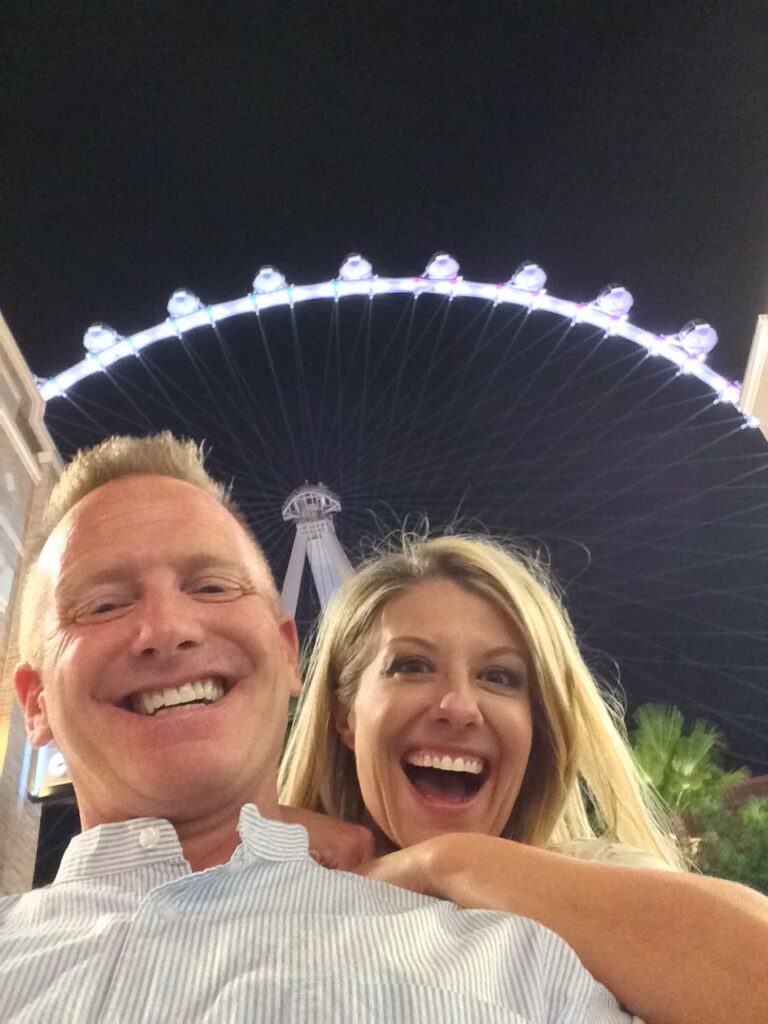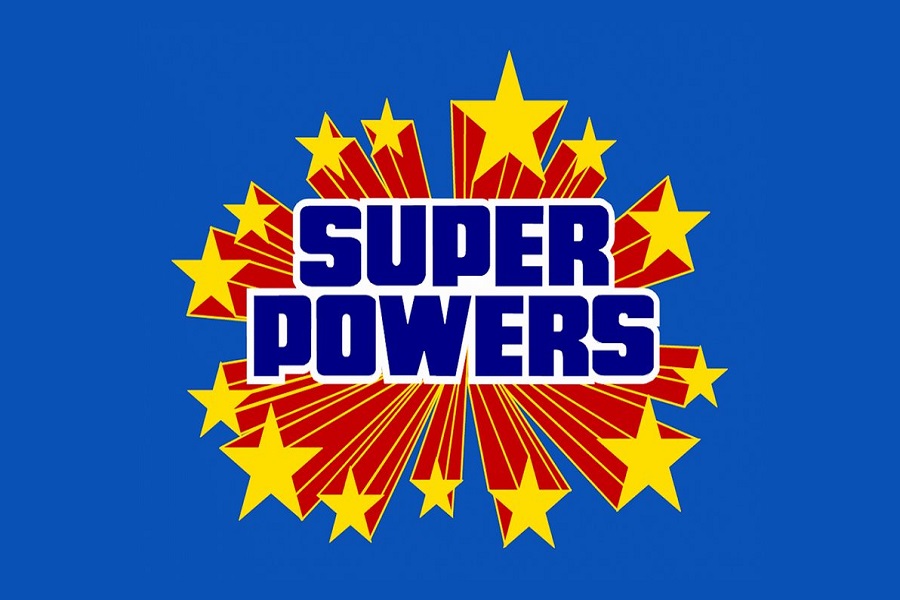One thing really hasn’t changed in hiring in like fifty years. Before we hire someone, in certain higher-up levels within our organizations, we do this little dance. The dance is us asking you for “professional” references, that we must check before we can “officially” hire you, and you giving us such references, which are basically your friends.
Don’t think it’s a dance? Think it’s truly helpful in finding noticeably better talent? Answer me this one question:
How many candidates have you rescinded the offer to because they received a bad reference?
Wait! WAIT! Let me first take a guess at your answer…Let me see thousands of candidates, hundreds of hires, divided by the square root of 73, and my answer is: ZERO!
I’ve asked this question to thousands of HR and TA pros, thousands of candidates and basically it’s like one out of a thousand, and even that “one” has a story! “Oh, sure, just last week Tim we rescinded an offer. So, we checked the references as usual, and everything came back that this candidate was Jesus-like, could walk on the water, all of that. But, our receptionist knew someone who went to school with this guy, who happens to know his girlfriend’s mother he broke up with two years ago and come to find out, he’s a loser!”
So, the references were fine, but…
Checking References in the traditional way that over 90% of organizations still use is a complete and colossal waste of time and resources!
Look, I get it. It’s always been done this way, but the reality is this isn’t a quality of hire check, this is am I hiring someone who is stupid enough to not give me people who will at least say good things about me check. While you might still think that measure is valuable, it’s not. Traditional reference checking does not filter out enough candidates for it to be worth the amount of time and resources you put into it.
Now, I am a big fan of Reference Checking Technology, automated reference checking because this technology, on average, will eliminate around 10% of the candidates you want to hire, for very good reasons! Modern-day reference check technology is about helping you select candidates you see as technically a good fit, but you want to double-check the cultural fit.
Reference check technology also has a low resource impact. It’s automated so you aren’t having a real person track other people down to see how well you can all lie to each other. The questions that are asked, usually through email, are about a candidate’s preferences. I like to work in “X” way. The reference then is asked how they feel the candidate likes to work best on a spectrum of answers where both spectrums are positive. So, it’s hard for a reference to “game” the system.
Look, I hate calling you an idiot!
I know you are checking references. Or at the very least, your executives think you’re checking references, because, let’s face it, they know nothing about hiring and science. They had their references checked back in the 1990’s, so they feel it’s something we must legally do or we’ll get fined or something. They have no idea!
Be better.
Stop checking references, manually. Start checking references using technology that will actually help you make a better hire. Also, don’t just take my word for it, or the word of one of the many reference check technology companies, prove it to yourself. Make some baseline measures you believe are important, test the technology on your next “X” number of hires, then check those measures again. Did you get better? Awesome. Did you stay the same or get worse? Hmmm, interesting, let’s dig into that! Continue to test and improve. Stop doing shit that makes you look like an idiot!



